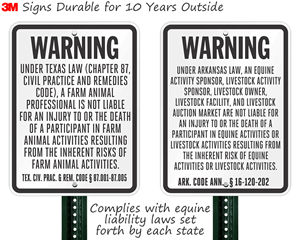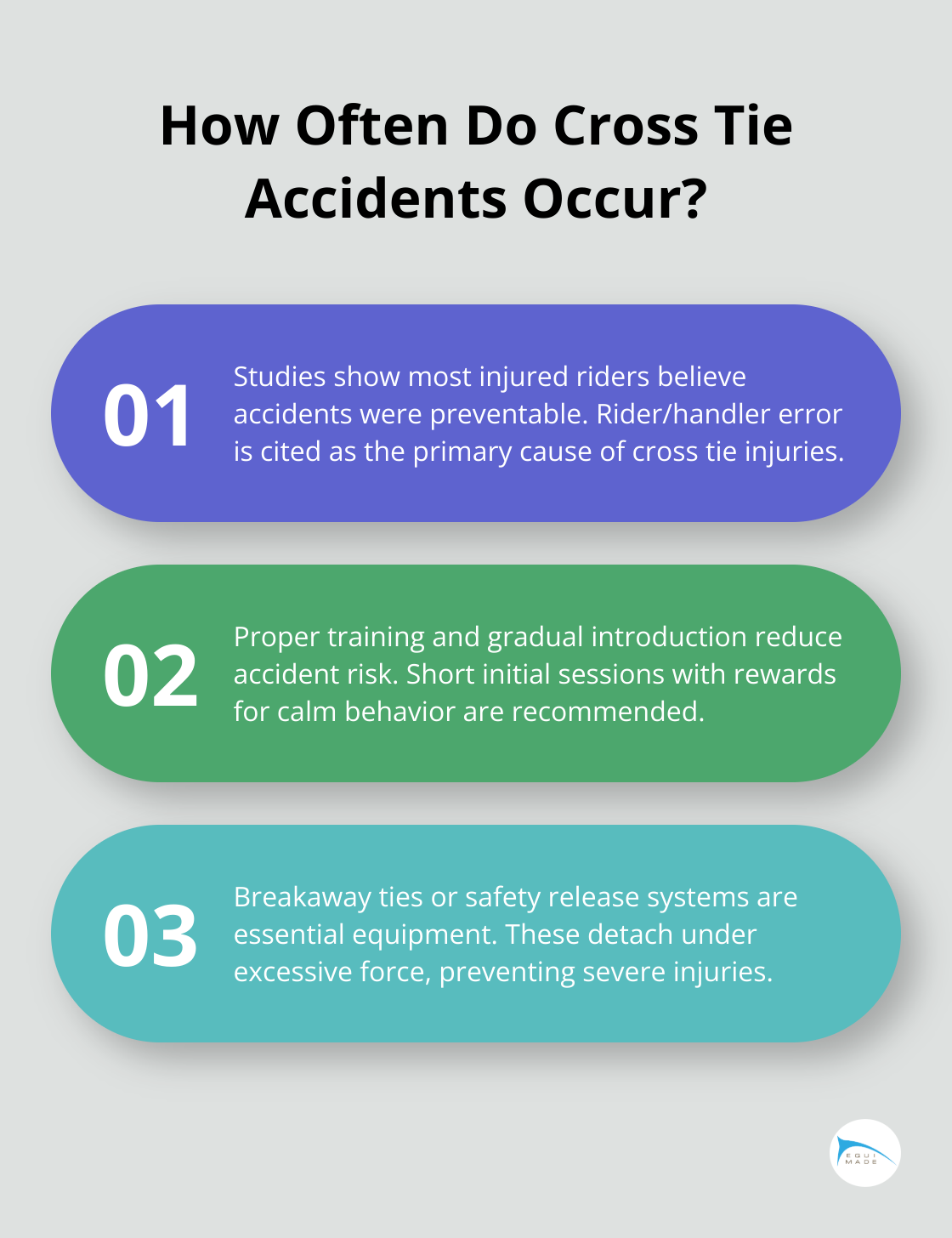Are Horses Dangerous? Understanding Risk and Safety

Horses are majestic and powerful animals that have been companions to humans for centuries. However, their size and strength can pose risks if not handled properly. This article explores the potential dangers associated with horses, how to mitigate risks, and best practices for safety.
Understanding Horse Behavior

Horses are prey animals with strong flight instincts. They can react unpredictably to sudden movements, loud noises, or unfamiliar environments. Recognizing signs of stress or agitation in horses is crucial for preventing accidents.
| Common Horse Behaviors | What They Mean |
|---|---|
| Ears pinned back | Anger or discomfort |
| Tail swishing | Irritation or warning |
| Stomping feet | Nervousness or impatience |
| Snorting | Alertness or warning |
Potential Risks When Handling Horses
- Kicks and Bites: Horses may kick or bite if they feel threatened or startled.
- Falls: Riders or handlers can fall due to sudden horse movements.
- Trampling: Large horses can accidentally step on a person.
- Crushing: Being pinned against a wall or fence by a horse can cause injury.
Safety Tips for Horse Interaction
- Approach Calmly: Always approach horses from the front or side, speaking softly.
- Wear Protective Gear: Helmets, boots, and gloves reduce injury risk.
- Learn Proper Handling: Training in horse behavior and handling techniques is essential.
- Stay Alert: Be aware of your surroundings and the horse’s body language.
- Supervision: Beginners should always be supervised by experienced handlers.
Table: Safety Equipment for Horse Handling
| Equipment | Purpose |
|---|---|
| Helmet | Protects head from injury |
| Riding Boots | Provides foot protection and grip |
| Gloves | Improves grip and protects hands |
| Body Protector | Shields torso during falls or kicks |
Frequently Asked Questions (FAQ)
Q1: Can horses be trained to be safe around people?
A: Yes, with consistent training and socialization, horses can learn to be calm and predictable around humans.
Q2: Are certain horse breeds more dangerous?
A: While temperament varies by breed, individual behavior and training are more significant factors than breed alone.
Q3: What should I do if a horse starts acting aggressively?
A: Stay calm, avoid sudden movements, and slowly move away while keeping the horse in sight. Seek help from an experienced handler.
Q4: Is riding more dangerous than ground handling?
A: Both have risks, but riding involves additional hazards like falls. Proper training and safety gear are vital in both cases.
Conclusion
Horses are not inherently dangerous, but their size and instincts require respect and knowledge to ensure safe interactions. Understanding horse behavior, using appropriate safety equipment, and following best practices can significantly reduce risks and make horse experiences enjoyable and safe for everyone.
